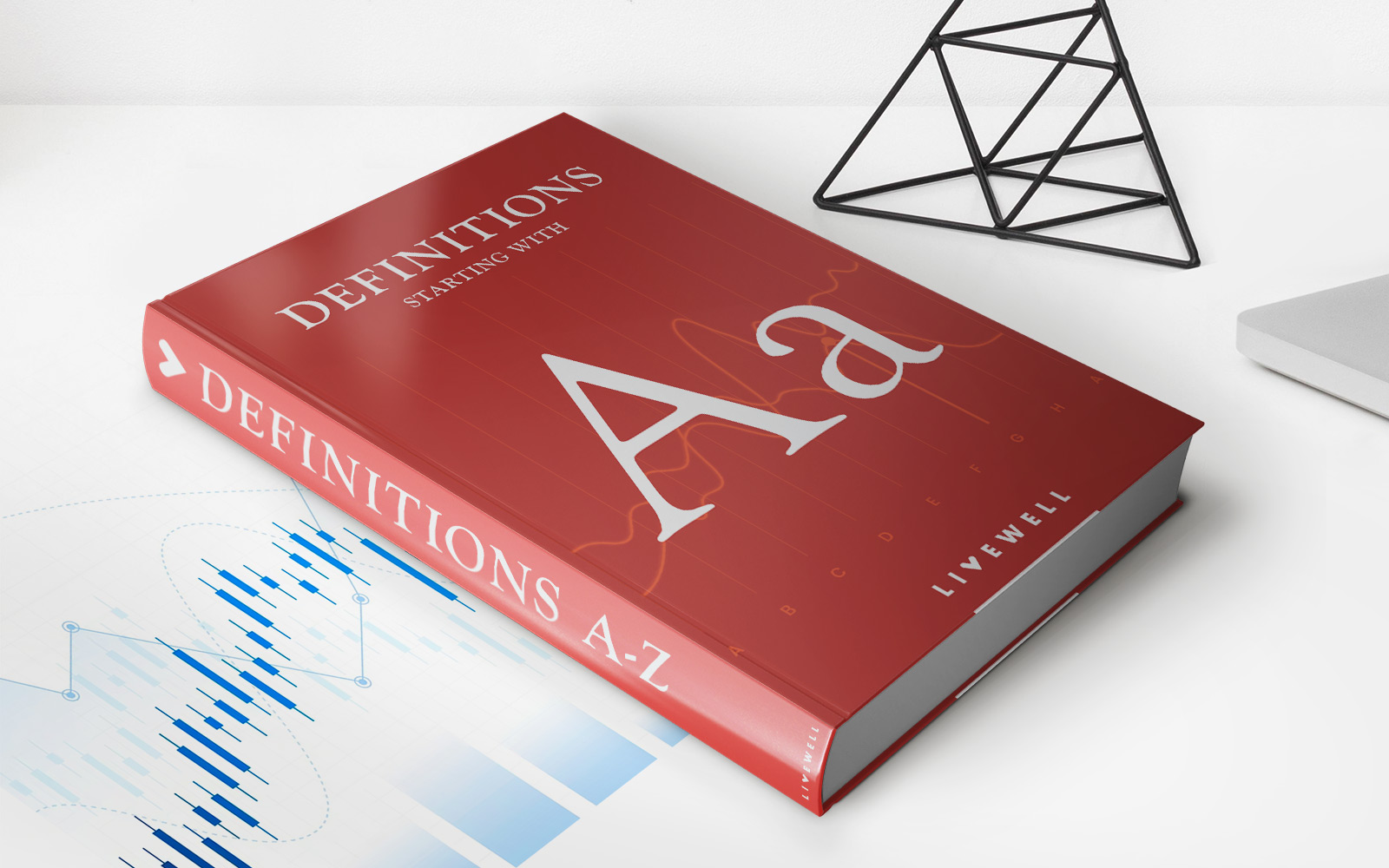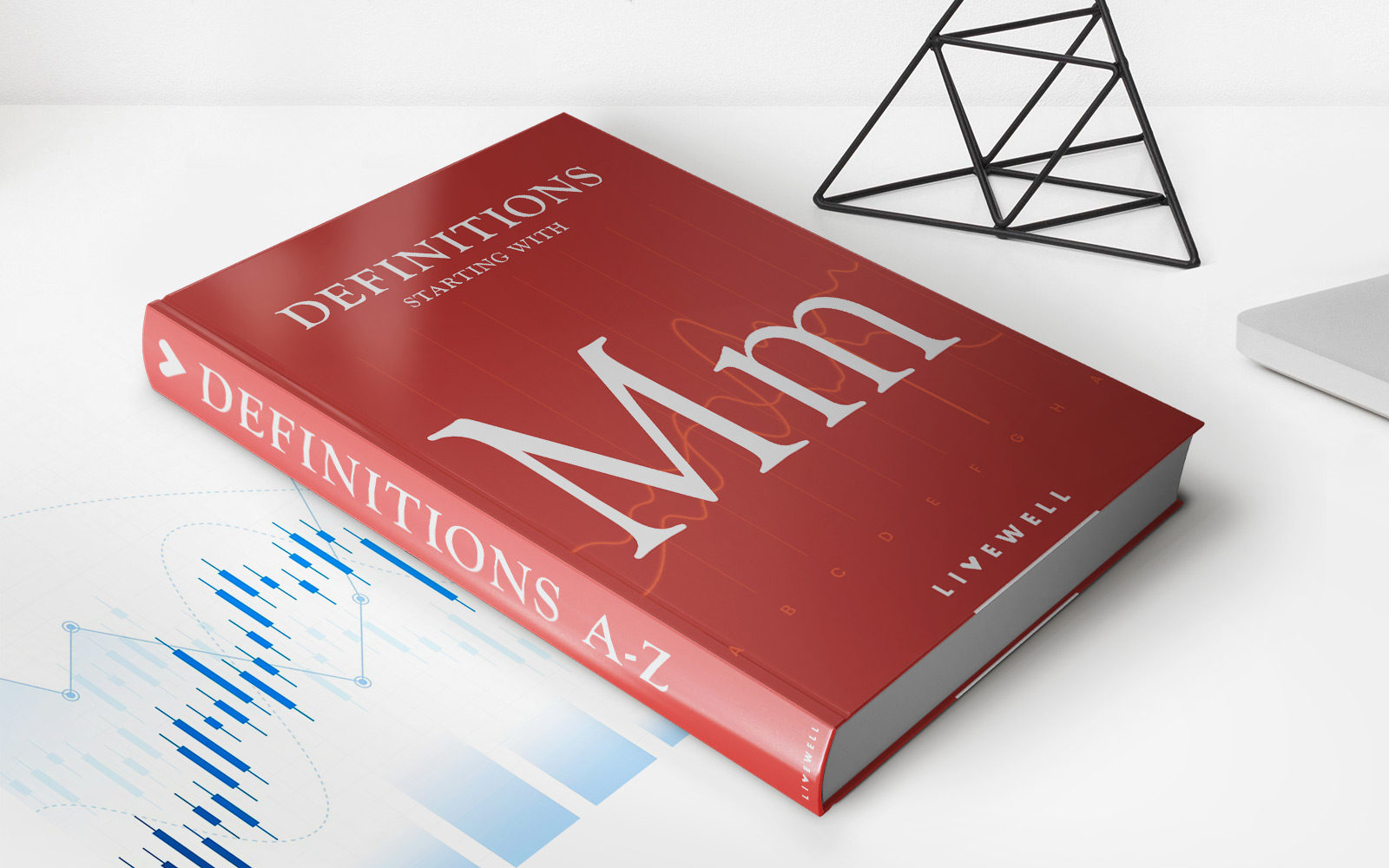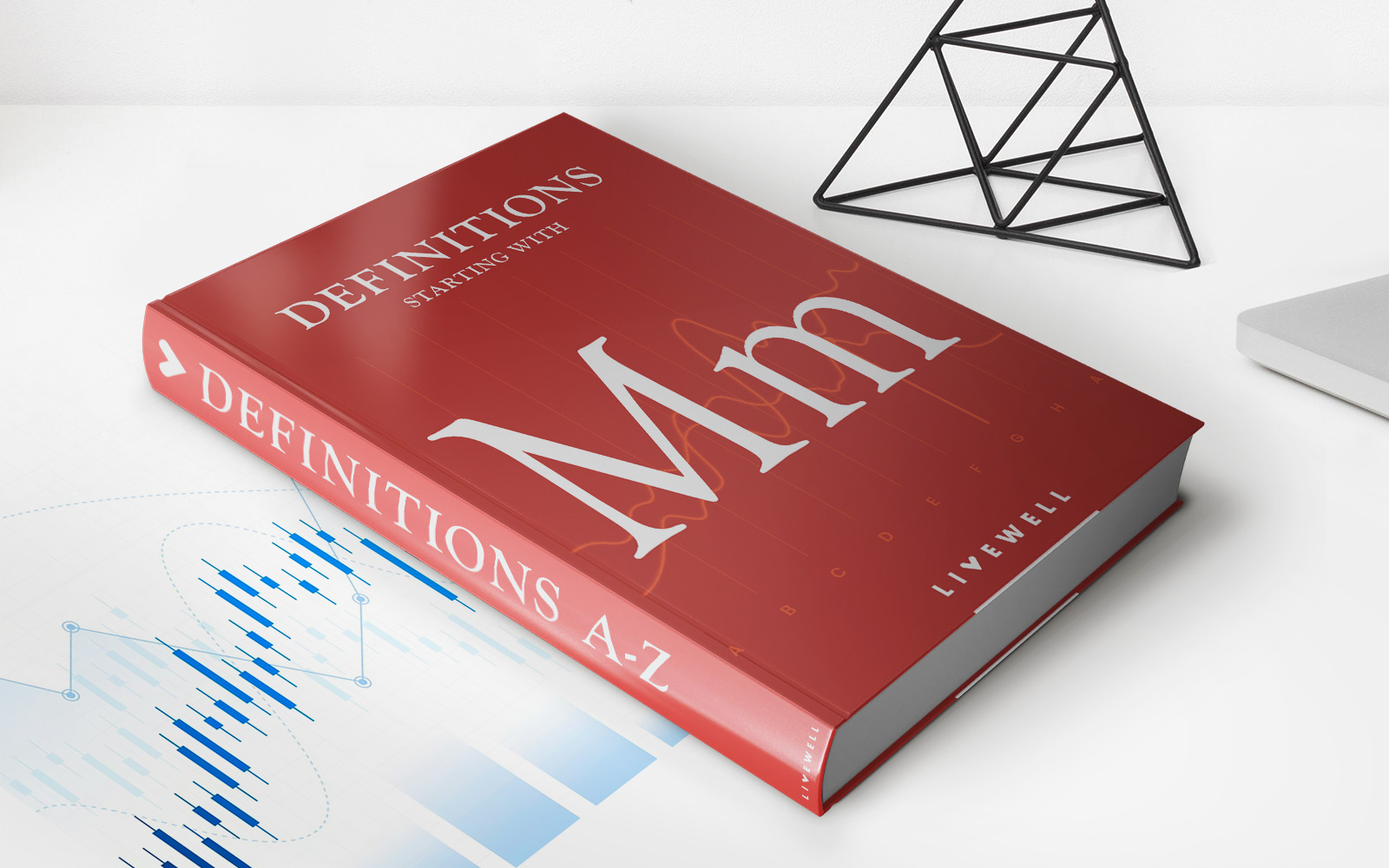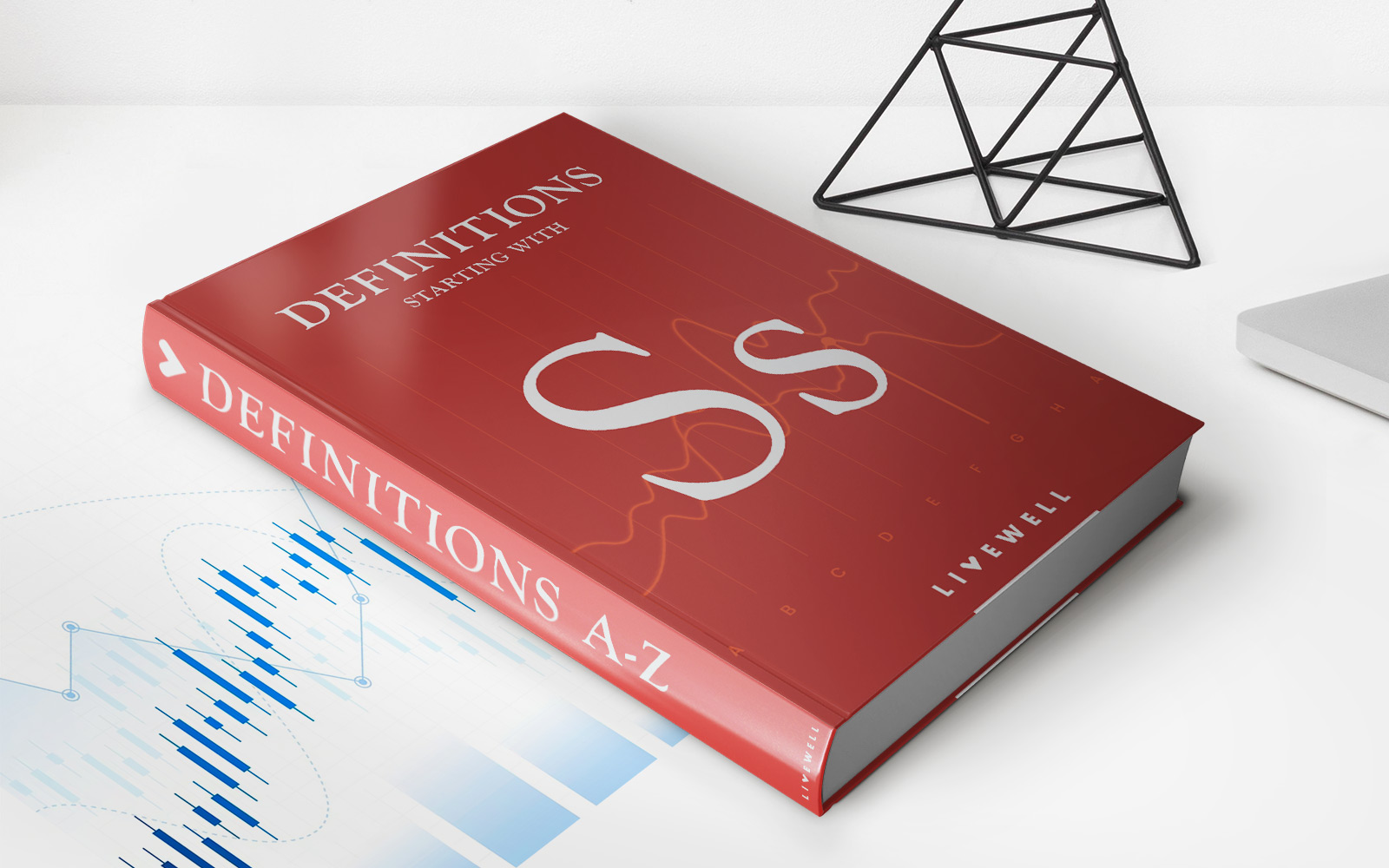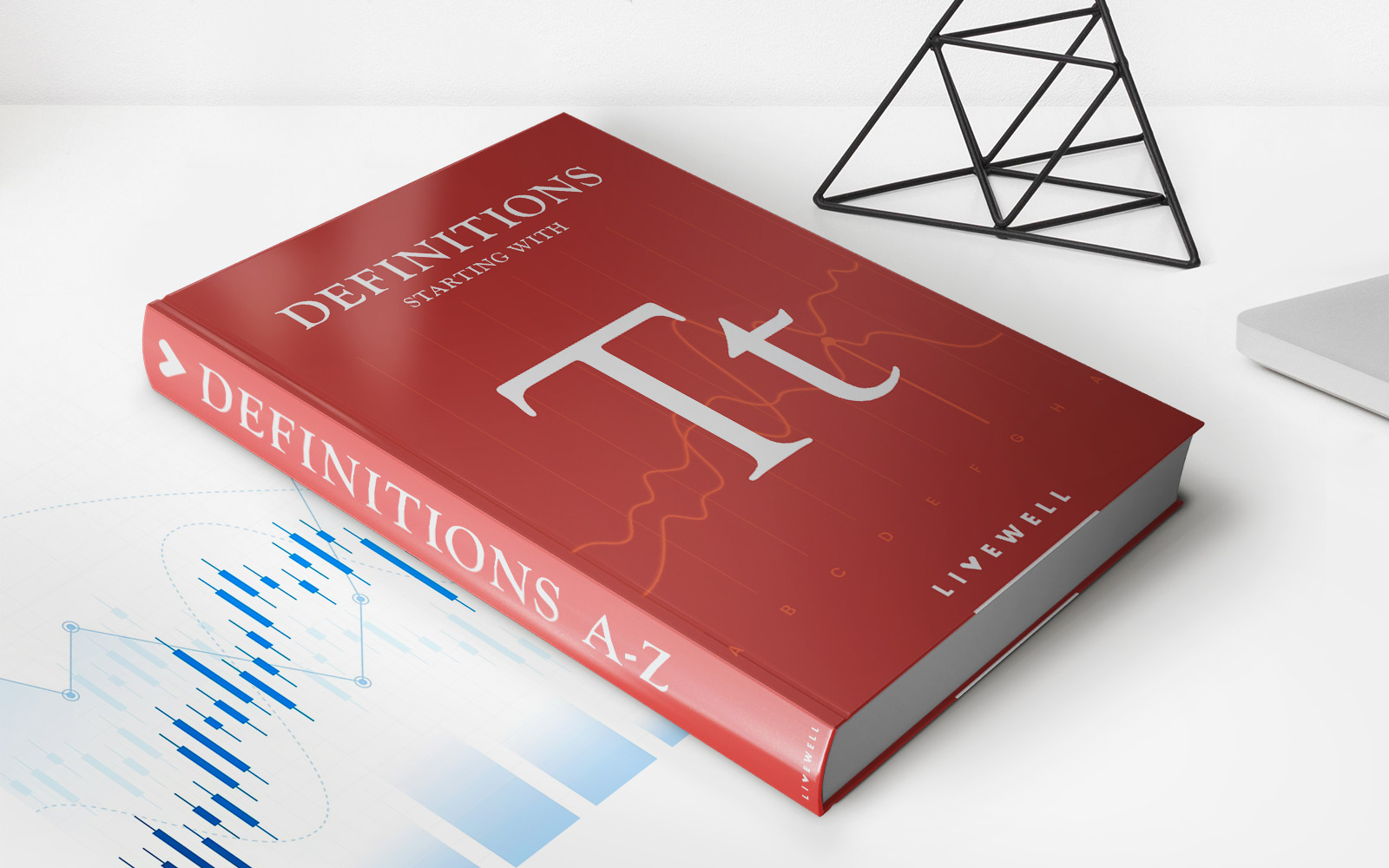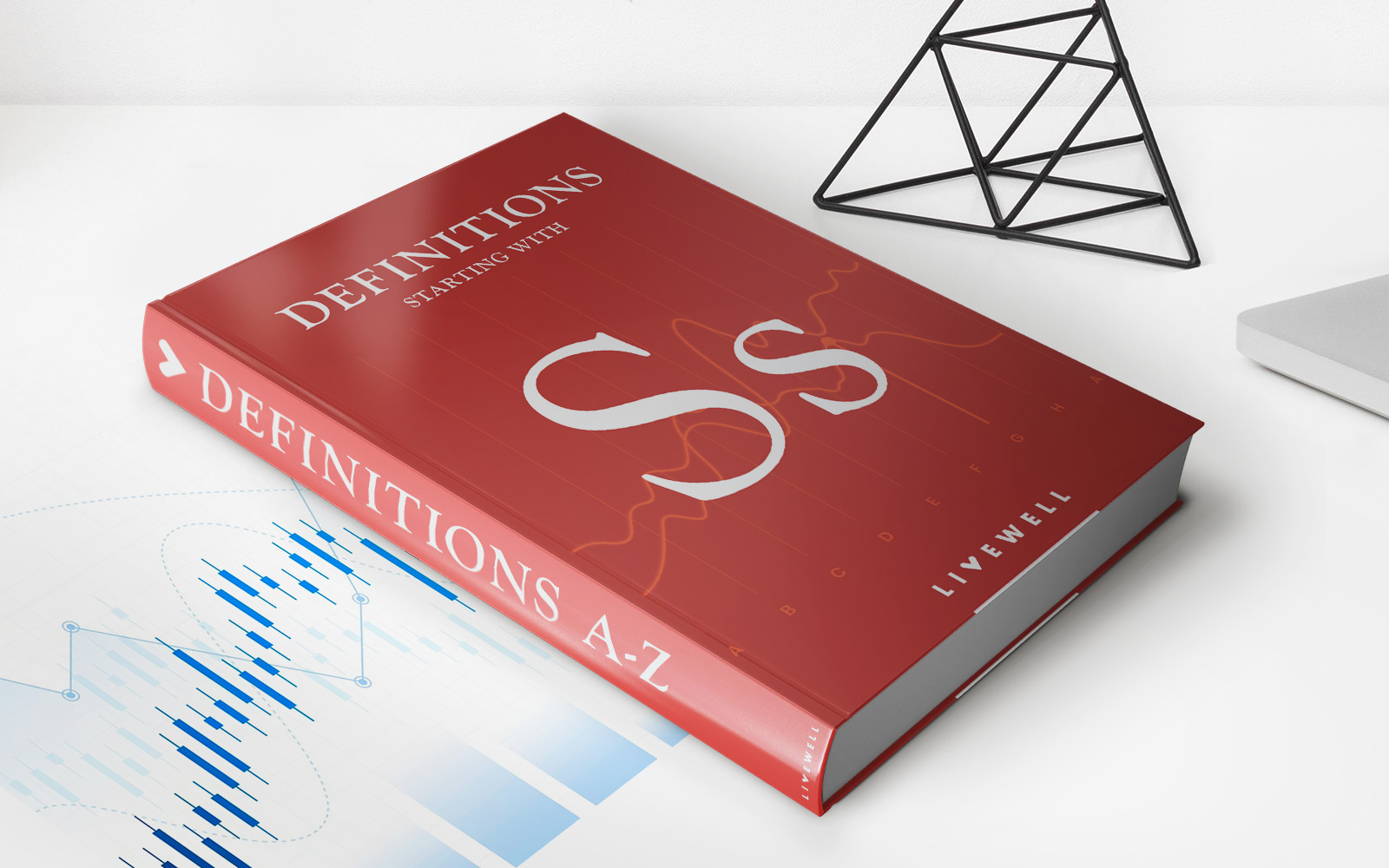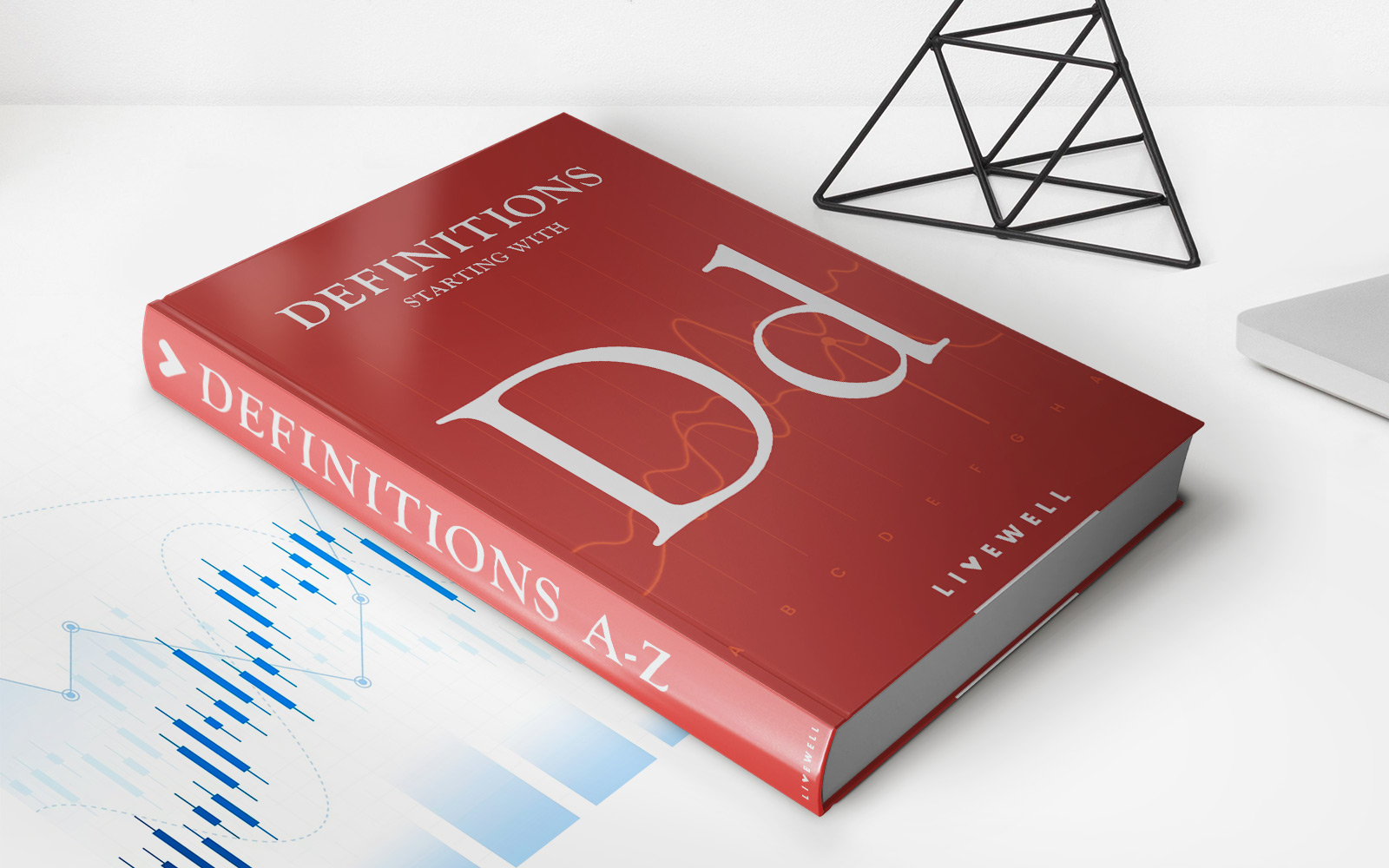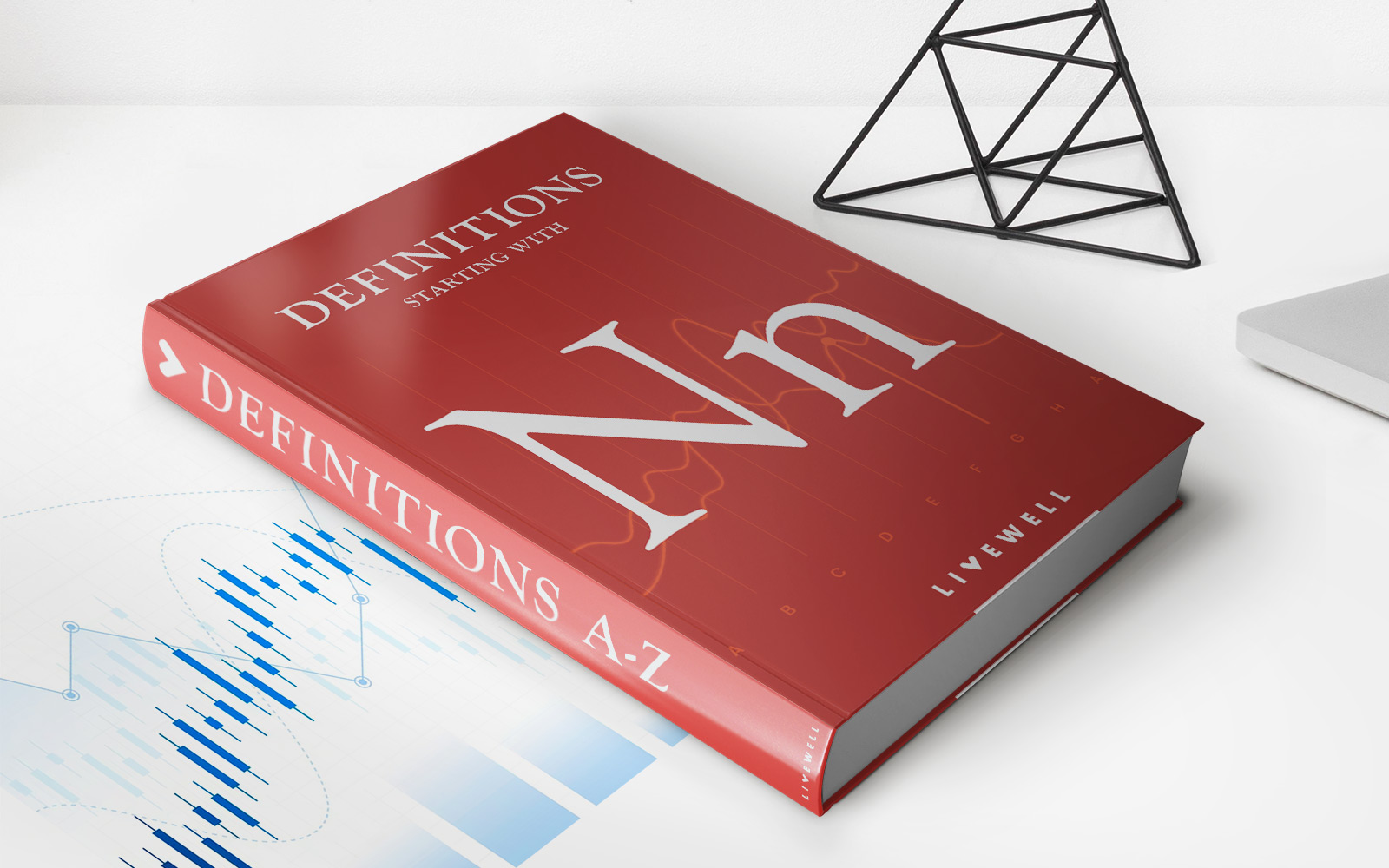Home>Finance>Condominium Fee Definition, How It Works, Pros And Cons


Finance
Condominium Fee Definition, How It Works, Pros And Cons
Published: October 31, 2023
Learn the definition of condominium fees, how they work, and their pros and cons in the world of finance. Discover everything you need to know about this important aspect of condo ownership.
(Many of the links in this article redirect to a specific reviewed product. Your purchase of these products through affiliate links helps to generate commission for LiveWell, at no extra cost. Learn more)
Condominium Fee Definition, How It Works, Pros, and Cons
When it comes to owning a condominium, one of the key aspects that potential buyers need to consider is the condominium fee. But what exactly does this term mean, and how does it work? In this blog post, we will demystify the concept of condominium fees, outline how they operate, and provide you with a comprehensive understanding of their pros and cons.
Key Takeaways:
- Condominium fees are monthly charges paid by residents of a condominium complex to cover the costs associated with shared amenities, maintenance, and management.
- It is important to carefully assess the fees and their allocation before purchasing a condominium to ensure they align with your budget and lifestyle expectations.
What Are Condominium Fees?
Condominium fees, also known as maintenance fees or homeowner association fees, are recurring charges paid by residents of a condominium complex. These fees are typically used to cover the costs associated with maintaining the shared amenities and common areas within the condominium community. They are typically determined based on the size of the individual units or on a proportional basis, divided equally among all homeowners.
How Do Condominium Fees Work?
Now that we understand what condominium fees are let’s dive into how they work:
- Fee determination: The condominium association, often referred to as the homeowner association (HOA), establishes the monthly fees. The fees are calculated based on the estimated costs of maintaining the common areas, such as landscaping, building repairs, utilities, insurance, and the employment of staff.
- Fee collection: The fees are collected monthly from each condominium owner by the HOA’s management team. These funds are then used to cover the costs and expenses outlined in the community’s budget.
- Fee allocation: The collected fees are allocated towards various expenses, including but not limited to landscaping, snow removal, security, building maintenance, repairs, and administrative costs. The allocation is usually detailed in the HOA’s financial statements and budget.
The Pros of Condominium Fees
Condominium fees offer a range of benefits, which contribute to the overall appeal of owning a condominium:
- Shared expenses: By pooling resources, residents can enjoy access to amenities and services that would be expensive to maintain individually. These can include swimming pools, fitness centers, concierge services, and more.
- Professional management: The HOA is responsible for maintaining and managing the common areas, ensuring that the property is well-maintained and enhancing its overall value. This can alleviate the burden of home maintenance for individual owners.
- Community cohesion: Condominium fees promote a sense of community and shared responsibility among residents. They create an environment that fosters interaction, community events, and make condominium living a social experience.
The Cons of Condominium Fees
While there are several advantages to condominium fees, it’s important to consider the potential drawbacks as well:
- Costs and budget uncertainty: The fees can vary from one condominium complex to another, and increases may occur over time to accommodate rising expenses. This can pose a challenge for residents on fixed budgets.
- Limited control: While fees cover maintenance costs, residents might have limited control over the decision-making process. The HOA makes essential financial and operational decisions on behalf of the community.
- Additional financial commitment: In addition to the mortgage and fees, potential buyers need to consider the financial commitment of condominium fees when evaluating affordability. It’s crucial to understand the potential impact on your monthly budget.
Understanding the definition, functioning, and pros and cons of condominium fees is vital for anyone considering the purchase of a condominium. Proactive assessment and consideration of these aspects will help potential homeowners make informed decisions and ensure their choice aligns with their lifestyle and financial goals.
